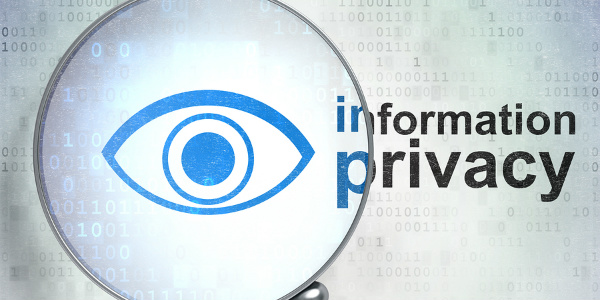Data breaches: It’s getting personal

Chances are, some of your members are part of an unfortunate but growing population: people who have been victimized by fraudsters making off with their sensitive personal information.
A 2014 survey by Pew Research Center’s Internet Project found a significant number of online Americans have personally experienced a data breach – 18 percent reported having sensitive information stolen, up from 11 percent last year. The study also discovered 21 percent had their email or social media accounts compromised. This troubling trend crosses all age groups from coast to coast. Clearly, data breaches and online vulnerabilities don’t play favorites.
Although concerns are rising about the amount of personal data now accessible online, there’s no sign consumers will taper their digital connections anytime soon. And the convenience and widespread availability of shared Wi-Fi networks – in coffee shops, libraries and airports, to name a few –means security sometimes takes a back seat.
There are no 100-percent guarantees when it comes to protecting personal information – hackers and scammers keep very busy. But financial institutions of all sizes can help to make it more difficult for these data breaches and compromisess to occur. Consider these preventative measures:
1. Provide an online storage service.
Offering online storage services – a digital safe deposit box – can bring great peace of mind to consumers, given the staggering amount of data people create. Too many store important files and documents on home devices with little security protections and spotty back-up procedures. Online storage services like My Virtual StrongBox can be conveniently accessed and inexpensive to provide, working with the highly secure and protected online document system already in place at your institution.
2. Host shred events and recycle drives.
For members, it’s never been more important to safely dispose of their personal information, and financial institutions can assist by hosting community shred days and electronic recycling events. Members should be destroying personal printed documents when they are no longer needed – such as credit applications, insurance forms and bank statements – as well as wiping clean all computer and mobile device memories before throwing them out.
3. Step up strict password requirements.
Although strong passwords may be easily forgotten and create frustration when they have to regularly be reset, they are essential safeguards in today’s wired environment. The longer a password, the better (at minimum, require eight characters). And passwords should require a combination of numbers, symbols and letters, as well as upper and lower case characters. Hackers and scammers can be relentless in their attacks to steal passwords, so encourage your members to follow these same, strict procedures for their passwords on all other accounts and devices, as well.
4. Offer security tips and software links, especially for online banking users.
Consumers rely on their primary financial institutions as great resources for information on financial topics. Consider adding online safety tips and links to free software or security program recommendations to your educational efforts. While most people have found their comfort zone with technology, some lack confidence in their ability to properly set up devices or install security measures. Providing guidelines and links to programs that help members secure their digital networks would be a great benefit – and would require minimal expenditure on your end.
5. Send alerts about new threats or online scams.
Chances are, your tech team keeps current on the latest security threats, scams and viruses to ensure your systems remain protected. When new risks crop up that also could impact your members – whether related to their financial accounts or not – send them alerts via email or text. And make it a priority to regularly update your email and text databases so you can reach account holders quickly and accurately when needed. You’ll build a heightened level of trust and loyalty, strengthening these relationships.
People not only trust their credit unions with their money, but also with their financial wellbeing. Given the critical role credit unions play in the lives of members – paired with today’s growing risk of identity theft and data breaches – it just makes sense to help them with online security. You already set an example through your own safety actions and best-practice techniques. Now make it personal by helping members play it safe.





